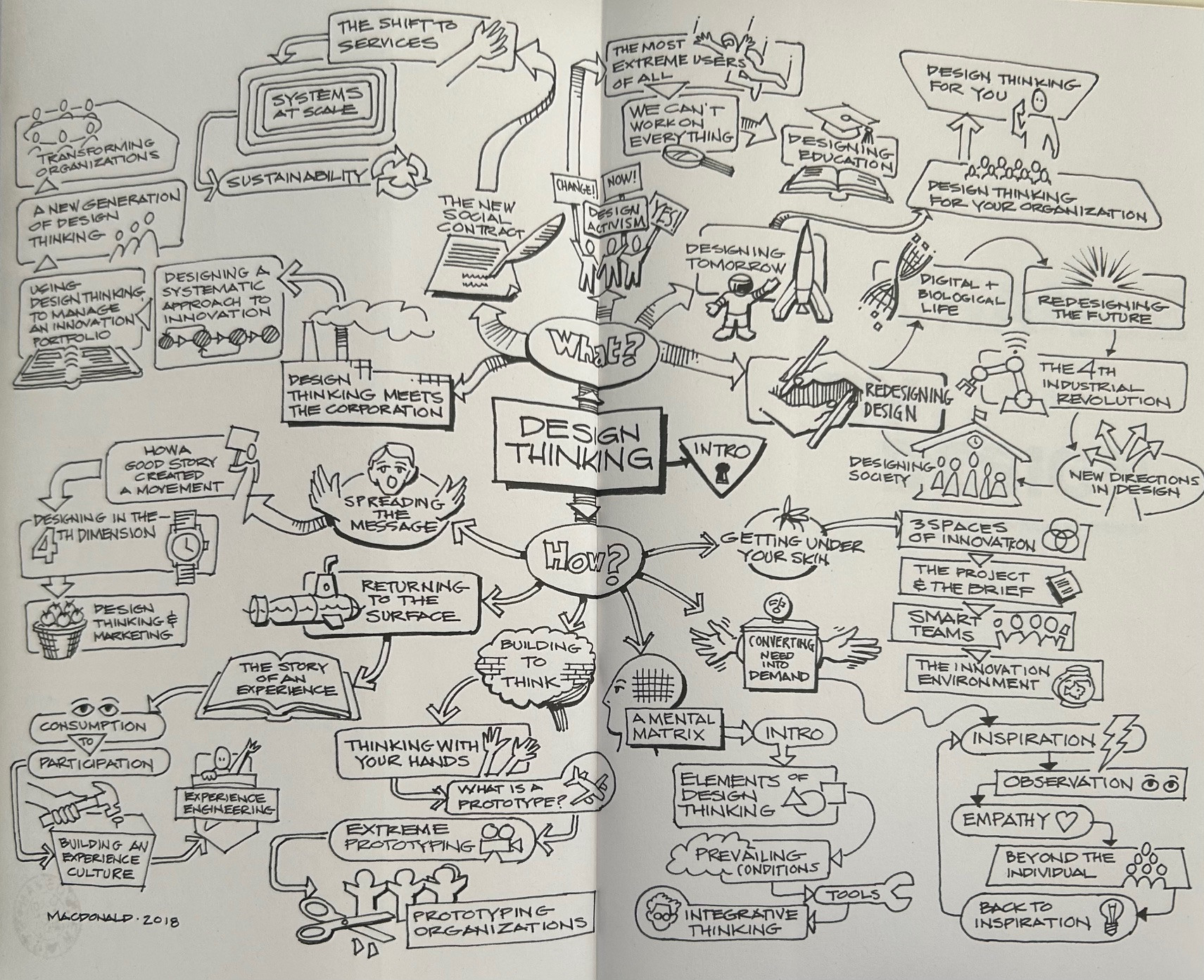
This course introduces the students to the design thinking process and aims to apply it to challenges related to social sustainability.
It explores how design thinking can be used to address social sustainability challenges, particularly those that require collaboration between natural/applied sciences, social sciences and art.
Through hands-on projects, interdisciplinary collaboration, and engagement with community stakeholders, students learn how to approach complex social issues creatively and responsibly by integrating human-centered design, systems thinking, and technical feasibility with insights from policy, ethics, and community engagement to develop equitable and impactful solutions.
Course Objective: This course aims to;
● Teach the concept of Design Thinking from an inter-disciplinary point of view,
● Explore the ideas that emerged with the concept of sustainability and its influence,
● Shed light on the importance of Social Sustainability,
● Develop the skills of inter-disciplinary team working.
Learning Outcomes: The students who succeeded in this course;
● Understands the core stages of design thinking.
● Explores sustainability through social, environmental, and ethical lenses.
● Applies human-centered design to real-world social challenges.
● Develops skills in teamwork, empathy, ideation, prototyping, and systems thinking.
● Engages in reflective practice and critique of design’s role in social systems.
